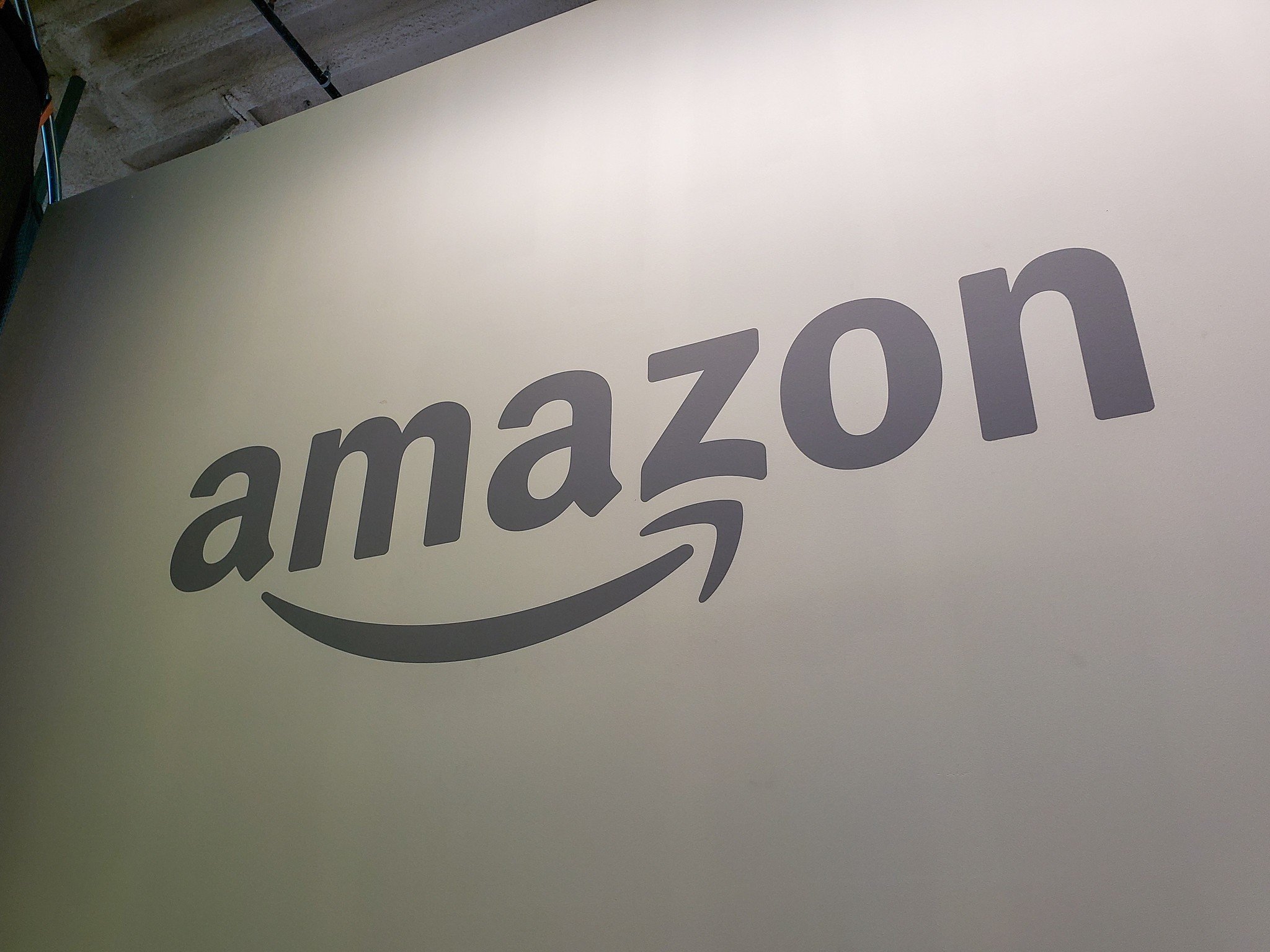The lawsuit alleges that Amazon is not favorable to third-party resellers.
Update, Sept 13 (10:45 a.m. ET): DC AG files amended lawsuit targeting Amazon's 'Minimum Margin Agreement' with first-party sellers
What you need to know
- DC's Attorney General filed a lawsuit against Amazon alleging that the company fixes online retail prices.
- DC AG says that the practices aren't helping third-party resellers.
- Amazon has been under anti-competitive scrutiny for over a year now.
DC's Attorney General has filed a lawsuit against Amazon to end anti-competitive practices that have raised prices for consumers and stifled innovation and choice across the platform.
Karl Racine alleges in a press release that Amazon's fixes online retail prices through contract provisions and policies to third-party sellers. The press release said that these provinces and policies are considered the "most favored nation," which prevents third-party sellers from offering the same products at lower prices on other platforms, including their own.
By putting this policy into practice, third-party sellers have to incorporate high fees, "as much as 40% of the total product price," into the price charged to customers on Amazon but also on other platforms that third-party sellers sell on.
"As a result, these agreements impose an artificially high price floor across the online retail marketplace and allow Amazon to build and maintain monopoly power in violation of the District of Columbia's Antitrust Act," the release said.
Racine said in the release that Amazon had used its dominant market power to win and not allow third-party sellers to succeed.
"It maximizes its profits at the expense of third-party sellers and consumers while harming competition, stifling innovation, and illegally tilting the playing field in its favor," he said. "We filed this antitrust lawsuit to put an end to Amazon's illegal control of prices across the online retail market. We need a fair online marketplace that expands options available to District residents and promotes competition, innovation, and choice."
Amazon currently controls 50 - 70% of online market sales. Many of those sales happen during the company's Prime Day Event, a two-day event where you can find some of the best Prime Day deals. The company, along with Google, Facebook, and Apple have all been under antitrust scrutiny for more than a year.
The U.S. Justice Department sued Google in late 2020, alleging violations of antitrust law. Facebook was also sued by the Federal Trade Commission and a group of states.
Update, Sept 13 (10:45 a.m. ET) ― Amended lawsuit claims Amazon abuses its dominant position to stifle competition
D.C. Attorney General Karl A. Racine has filed an amended lawsuit against Amazon, alleging that the retail giant's anti-competitive agreements with first-party sellers "also harm consumers by causing prices on online marketplaces to be higher." The amended complaint also accuses Amazon of "stifling competition and innovation among online marketplaces" by misusing its dominant position.
Attorney General Racine said in a statement:
As we further investigated Amazon's anti-competitive practices that harm consumers and further entrench Amazon's monopoly, we learned it was also engaging in anti-competitive agreements with first party sellers, or wholesalers – in addition to third-party sellers. I filed this antitrust lawsuit to stand up for consumers, hold Amazon accountable for its anti-competitive practices, and protect competition. We're continuing to do just that with this amended complaint that adds more of Amazon's misconduct.
As per the new sections, Amazon's agreements with first-party sellers guarantees the company a certain minimum profit when it sells the products purchased from them on its online marketplace. If Amazon ultimately sells a product at a price that results in it getting less than the agreed minimum profit, the first-party sellers are required to compensate Amazon for the difference.
This agreement apparently results in some first-party sellers incurring million of dollars in "true up" costs to Amazon. To avoid the payments, first-party sellers often increase the prices of their products to and on other online marketplaces — leading to artificially high prices on Amazon's rival online marketplaces.
Source: androidcentral
